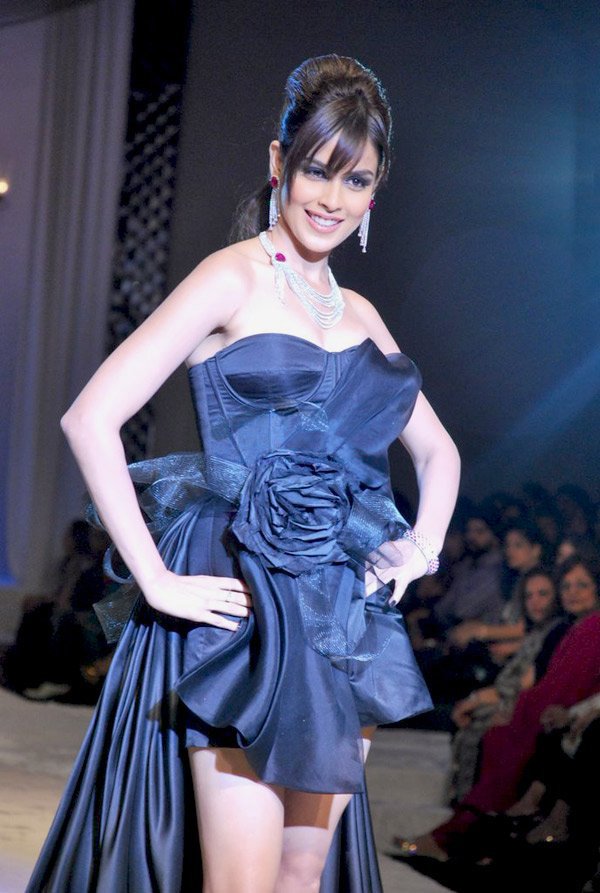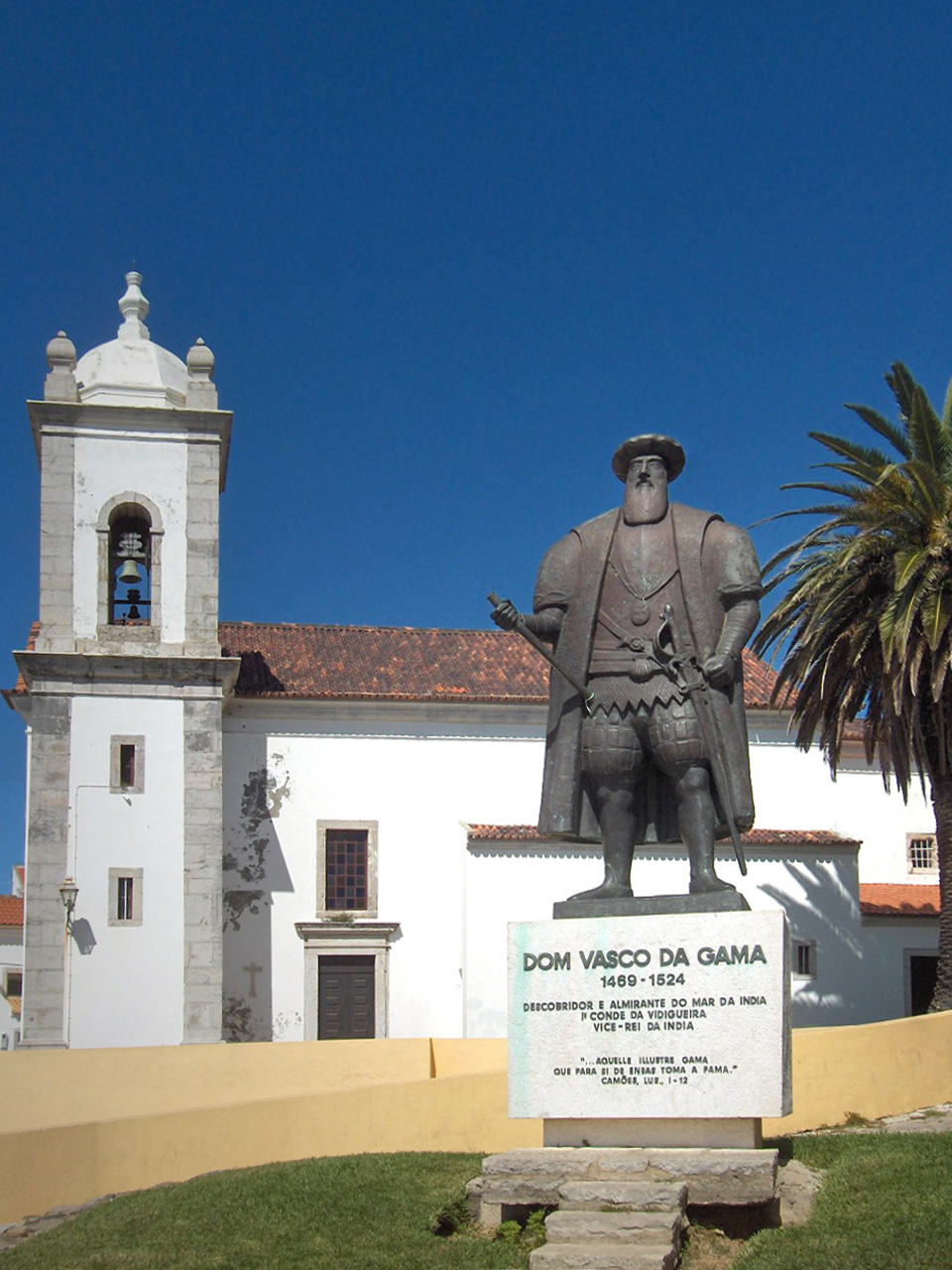|
Arakkal Beevi
Arakkal Beevi refers to the female ruler of Arakkal Kingdom in Kerala, South India.Logan, William (2006). Malabar Manual, Mathrubhumi Books, Calicut. The Arakkal family followed a matriarchal system of descent: the eldest member of the family, whether male or female, became its head and ruler. While male rulers were called Ali Rajah, female rulers were known as Arakkal Beevis. Sultana Aysha Aliraja was the ruler until her death on the morning of 27 September 2006. Cultural depictions * Ayesha Ali Raja (played by Genelia D'Souza) appears as a character in a Malayalam film titled ''Urumi Urumi (Malayalam: ''uṟumi''; Sinhalese: ''ethunu kaduwa''; Hindi: ''āra'') is a sword with a flexible, whip-like blade, originating in modern-day Kerala in the Indian subcontinent. It is thought to have existed from as early as the Sangam per ...''. The film is based on a fictional story about a young Indian who tries to assassinate Portuguese explorer, Vasco da Gama. The movie was rel ... [...More Info...] [...Related Items...] OR: [Wikipedia] [Google] [Baidu] |
Arakkal Kingdom
Arakkal Kingdom was a Sultanate, Muslim kingdom in Kannur town in Kannur district, in the state of Kerala, South India. The king was called Ali Raja and the ruling queen was called Arakkal Beevi. Arakkal kingdom included little more than the Kannur, Cannanore town and the southern Laccadive Islands (Agatti, Kavaratti, Andrott, Androth and Kalpeni, as well as Minicoy), originally leased from the Kolattiri. The royal family is said to be originally a branch of the Kolattiri, descended from a princess of that family who converted to Islam. They owed allegiance to the Kolattiri rulers, whose ministers they had been at one time. The rulers followed the Marumakkathayam system of matrilineal inheritance, a system that is unique to a section of Hindus of Kerala. Under Marumakkathayam, the succession passes to the male offspring of its female members, in other words from a man to his sister's son and so forth. As the only Muslim rulers in Malabar, they saw the rise of Hyder Ali, de facto ... [...More Info...] [...Related Items...] OR: [Wikipedia] [Google] [Baidu] |
Kerala
Kerala ( ; ) is a state on the Malabar Coast of India. It was formed on 1 November 1956, following the passage of the States Reorganisation Act, by combining Malayalam-speaking regions of the erstwhile regions of Cochin, Malabar, South Canara, and Thiruvithamkoor. Spread over , Kerala is the 21st largest Indian state by area. It is bordered by Karnataka to the north and northeast, Tamil Nadu to the east and south, and the Lakshadweep Sea to the west. With 33 million inhabitants as per the 2011 census, Kerala is the 13th-largest Indian state by population. It is divided into 14 districts with the capital being Thiruvananthapuram. Malayalam is the most widely spoken language and is also the official language of the state. The Chera dynasty was the first prominent kingdom based in Kerala. The Ay kingdom in the deep south and the Ezhimala kingdom in the north formed the other kingdoms in the early years of the Common Era (CE). The region had been a prominent spic ... [...More Info...] [...Related Items...] OR: [Wikipedia] [Google] [Baidu] |
South India
South India, also known as Dakshina Bharata or Peninsular India, consists of the peninsular southern part of India. It encompasses the Indian states of Andhra Pradesh, Karnataka, Kerala, Tamil Nadu, and Telangana, as well as the union territories of Lakshadweep and Puducherry, comprising 19.31% of India's area () and 20% of India's population. Covering the southern part of the peninsular Deccan Plateau, South India is bounded by the Bay of Bengal in the east, the Arabian Sea in the west and the Indian Ocean in the south. The geography of the region is diverse with two mountain ranges – the Western and Eastern Ghats – bordering the plateau heartland. The Godavari, Krishna, Kaveri, Tungabhadra, Periyar, Bharathappuzha, Pamba, Thamirabarani, Palar, and Vaigai rivers are important perennial rivers. The majority of the people in South India speak at least one of the four major Dravidian languages: Tamil, Telugu, Malayalam and Kannada (all 4 of which are among the 6 Classic ... [...More Info...] [...Related Items...] OR: [Wikipedia] [Google] [Baidu] |
Matriarchal
Matriarchy is a social system in which women hold the primary power positions in roles of authority. In a broader sense it can also extend to moral authority, social privilege and control of property. While those definitions apply in general English, definitions specific to anthropology and feminism differ in some respects. Matriarchies may also be confused with matrilineal, matrilocal, and matrifocal societies. While there are those who may consider any non-patriarchal system to be matriarchal, most academics exclude those systems from matriarchies as strictly defined. Definitions, connotations, and etymology According to the ''Oxford English Dictionary'' (''OED''), matriarchy is a "form of social organization in which the mother or oldest female is the head of the family, and descent and relationship are reckoned through the female line; government or rule by a woman or women."''Oxford English Dictionary'' (online), entry ''matriarchy'', as accessed November 3, 2013. A pop ... [...More Info...] [...Related Items...] OR: [Wikipedia] [Google] [Baidu] |
Genelia D'Souza
Genelia Deshmukh (née D'Souza; born 5 August 1987) is an Indian actress and model who predominantly appears in Telugu, Hindi, and Tamil language films. After gaining wide attention in a Parker Pen commercial with Amitabh Bachchan, D'Souza began her acting career with the box–office hit ''Tujhe Meri Kasam'' in 2003. She was recognized for her role in ''Boys'' the same year. D'Souza received her first Filmfare Award in 2006 for her performance in the Telugu romantic comedy film ''Bommarillu'', which earned her critical acclaim. In 2008, she gave critically acclaimed performances in '' Santosh Subramaniam'', a Tamil remake of ''Bommarillu'', and the Hindi film '' Jaane Tu... Ya Jaane Na''. In addition to mainstream acting, D'Souza has hosted the television show ''Big Switch.'' Her notable films include '' Satyam'' (2003)'', Sye'' (2004), '' Happy'' (2006)'','' ''Dhee'' (2007)'','' ''Ready'' (2008), '' Katha'' (2009), ''Urumi'' (2011), ''Velayudham'' (2011) and the Hindi films ... [...More Info...] [...Related Items...] OR: [Wikipedia] [Google] [Baidu] |
Malayalam Film
Malayalam cinema is an Indian cinema, Indian film industry of Malayalam-language motion pictures. It is based in Kochi, Kerala, India. The films produced in Malayalam cinema are known for their cinematography and story-driven plots. In 1982, ''Elippathayam'' won the Sutherland Trophy at the London Film Festival, and Most Original Imaginative Film of 1982 by the British Film Institute. Rajiv Anchal's ''Guru (1997 film), Guru'' (1997), Salim Ahamed's ''Adaminte Makan Abu'' (2011) and Lijo Jose Pellissery's ''Jallikkattu'' (2019) were Malayalam films sent by India as its official entries for the Academy Award for Best Foreign Language Film, Best Foreign Language Film category at the Academy Awards. Other films which achieved global acclaim include ''Chemmeen'' (1965), which received a Certificate of Merit at the Chicago International Film Festival, and a gold medal at the Cannes Film Festival for Best Cinematography.. ''The Hindu''. 11 August 2006. Retrieved 24 May 2011. ''Swaham ... [...More Info...] [...Related Items...] OR: [Wikipedia] [Google] [Baidu] |
Urumi (film)
''Urumi'' (also known as ''Urumi: The Warriors Who Wanted to Kill Vasco Da Gama''), is a 2011 Indian Malayalam-language epic historical drama film written by Shankar Ramakrishnan and directed as well as co-produced by Santosh Sivan.Review: Watch Urumi for the effort Rediff.com (1 April 2011). It features in lead role with an ensemble supporting cast. The film is set in the early 16th century, when the do ... [...More Info...] [...Related Items...] OR: [Wikipedia] [Google] [Baidu] |
Vasco Da Gama
Vasco da Gama, 1st Count of Vidigueira (; ; c. 1460s – 24 December 1524), was a Portuguese explorer and the first European to reach India by sea. His initial voyage to India by way of Cape of Good Hope (1497–1499) was the first to link Europe and Asia by an ocean route, connecting the Atlantic and the Indian oceans. This is widely considered a milestone in world history, as it marked the beginning of a sea-based phase of global multiculturalism. Da Gama's discovery of the sea route to India opened the way for an age of global imperialism and enabled the Portuguese to establish a long-lasting colonial empire along the way from Africa to Asia. The violence and hostage-taking employed by da Gama and those who followed also assigned a brutal reputation to the Portuguese among India's indigenous kingdoms that would set the pattern for western colonialism in the Age of Exploration. Traveling the ocean route allowed the Portuguese to avoid sailing across the highly disputed Medit ... [...More Info...] [...Related Items...] OR: [Wikipedia] [Google] [Baidu] |



